What is NeoNatal Care
Neonatal care is the type of care a baby born premature or sick receives in a neonatal unit.
Units specialise in the care of babies born early, with low weight or who have a medical condition that requires specialised treatment.
What are the 4 levels of neonatal care?
Level I: Well newborn nursery.
Level II: Special care nursery.
Level III: Neonatal intensive care unit (NICU)
Level IV: Regional neonatal intensive-care unit (regional NICU)
Essential Newborn Care
High-quality universal newborn health care is the right of every newborn everywhere. Babies have the right to be protected from injury and infection, to breathe normally, to be warm and to be fed. All newborns should have access to essential newborn care, which is the critical care for all babies in the first days after birth. Essential newborn care involves immediate care at the time of birth, and essential care during the entire newborn period. It is needed both in the health facility and at home.
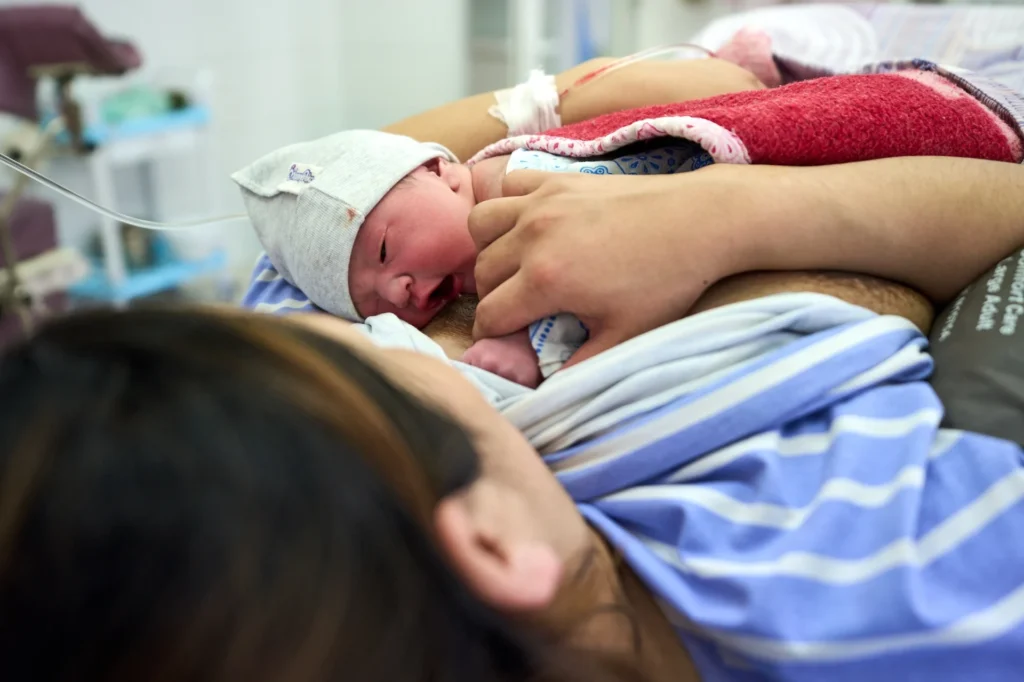
Essential newborn care includes:
- Immediate care at birth (delayed cord clamping, thorough drying, assessment of breathing, skin-to-skin contact, early initiation of breastfeeding)
- Thermal care
- Resuscitation when needed
- Support for breast milk feeding
- Nurturing care
- Infection prevention
- Assessment of health problems
- Recognition and response to danger signs
- Timely and safe referral when needed
What is Nicu?
The babies on the ward receive care 24 hours a day from specialist staff.
These staff are dedicated to working with babies with specific needs on a daily basis..
What is the NICU?
When babies are born early, have health problems, or a difficult birth they go to the hospital’s NICU. NICU stands for “neonatal intensive care unit.” There, babies get around-the-clock care from a team of experts.
Most of these babies go to the NICU (NIK-yoo) within 24 hours of birth. How long they stay depends on their health condition. Some babies stay only a few hours or days; others stay weeks or months.
You may hear the NICU called:
a special care unit
an intensive care unit
a newborn intensive care unit
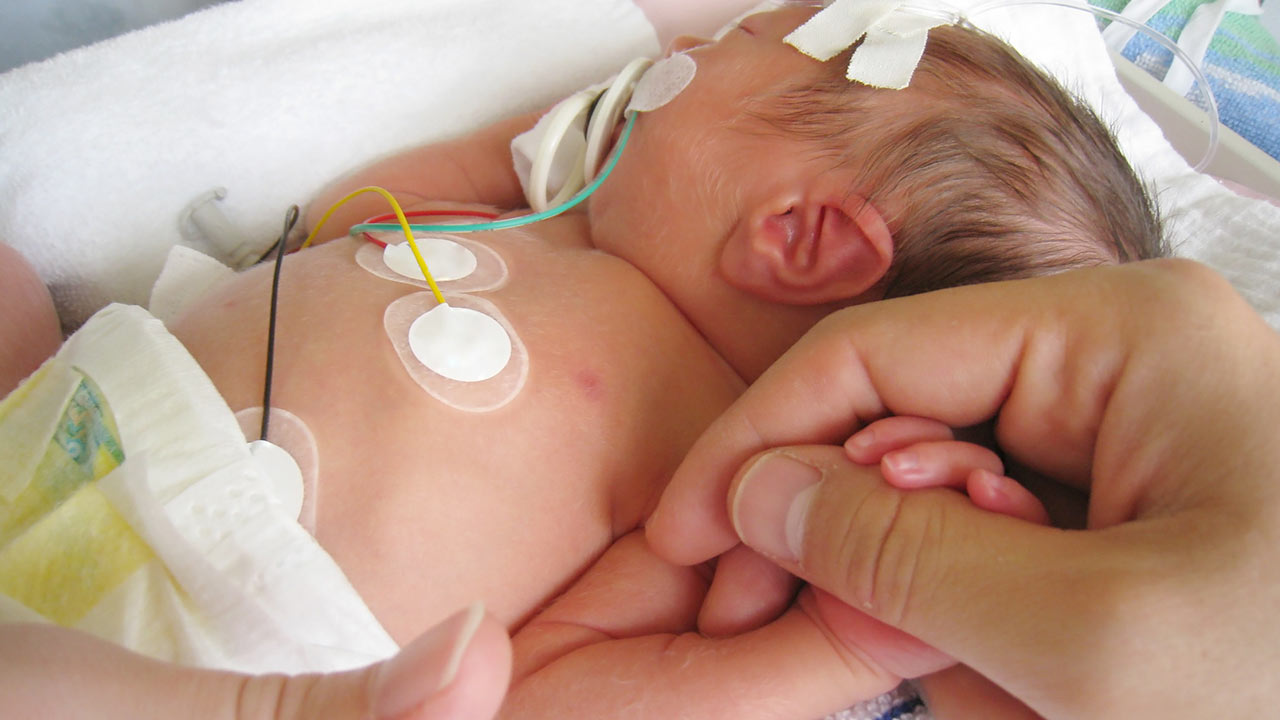
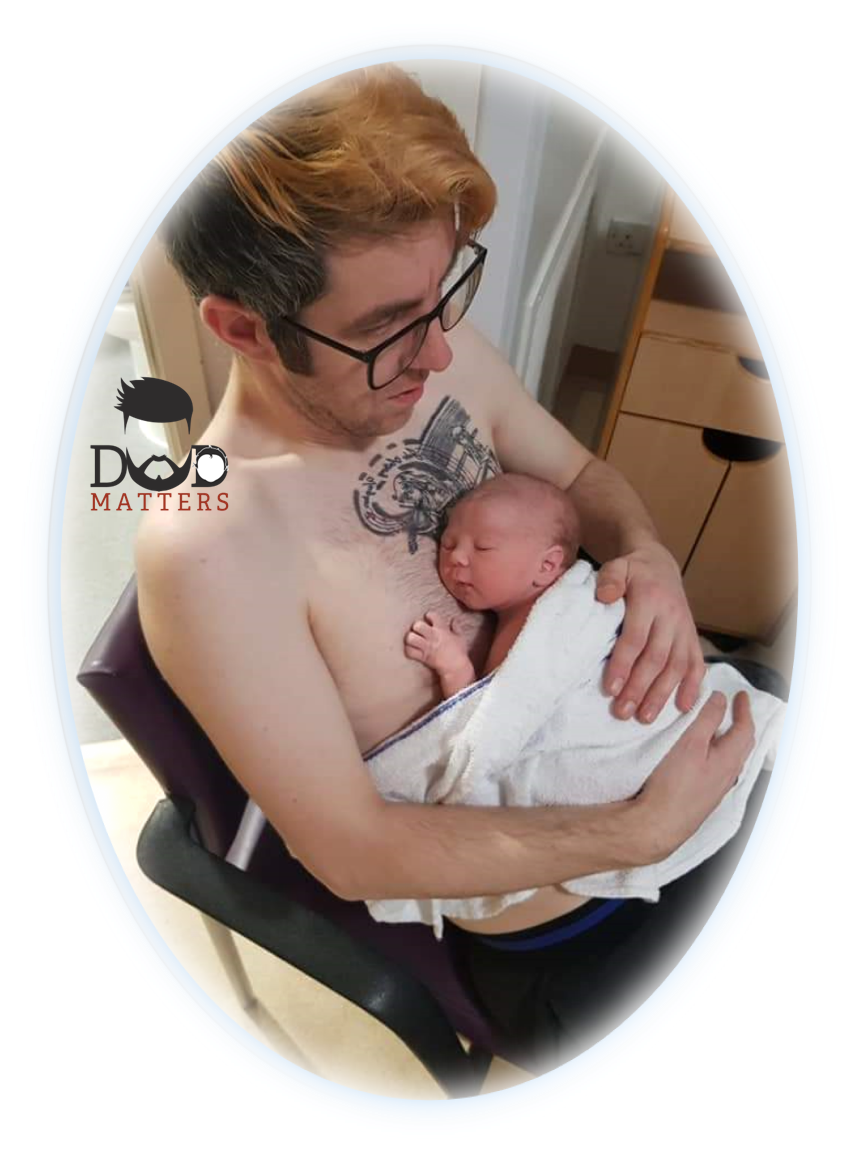
Who can visit NICU?
Parents can visit and spend time with their babies who stay in the NICU. Other family members might be able to visit, but only during set hours and only a few at a time. Children visiting the NICU must be well (not sick) and should have all their immunizations. Check with the hospital staff about which family members can see your baby.
Some units require guests to wear hospital gowns. You may need to wear gloves and a mask.
Everyone who comes into the NICU must wash their hands before they enter. (There will be a sink and antibacterial soap in the room and near the entrance of the NICU.) This is a crucial part of keeping the NICU as clean as possible so the babies aren’t exposed to germs.
You may be tempted to bring toys, decorations, or other items in your baby’s room, but check with the nurse first. If allowed, these things should be easy to clean (no stuffed animals). Some hospitals let parents tape pictures or other decorations to the outside of a baby’s incubator.
What is the Medical equipment for?
When you first enter the NICU, it’s normal to feel a little alarmed by all the equipment you see. But it’s there to help your baby get well. Here’s a brief look at some equipment you might find:
Infant warmers:
These are small beds with heaters over them to help babies stay warm while being monitored. Because they are open, they allow easy access to babies.
Incubators:
These are small beds enclosed by clear, hard plastic. Temperature in the incubator is controlled to keep your baby’s body temperature where it should be. Doctors, nurses, and other caregivers care for babies through holes in the sides of the incubator.
Phototherapy:
Some newborns have a problem called jaundice, which makes the skin and whites of the eyes yellow. Phototherapy treats jaundice. During treatment, babies lie on a special light-therapy blanket and have lights attached to their beds or incubators. Most babies only need phototherapy for a few days.
Feeding Tubes:
Often, premature babies or babies who are sick can’t breastfeed or take a bottle yet. Others can breastfeed or take a bottle, but still need extra calories to grow. These babies get nutrition (formula or breast milk) through a feeding tube. Tubes enter through the mouth or nose and go into a baby’s stomach. They are taped in place so they don’t move around. Nurses change the tubes often to prevent soreness.
IVs:
An intravenous catheter (or IV) is a thin, bendable tube that goes into a vein to give medicines and fluids. Almost all babies in the NICU have an IV. These usually are in the hands or arms, but some babies have them in other places, like the feet, legs, or scalp. IVs allow some medicines to be given in small amounts around-the-clock instead of giving your baby shots every few hours. Treatment with an IV may be called a “drip” or “infusion.”
Lines.
Some babies need to get greater amounts of fluids and medicines than an IV can give. They get larger tubes called central lines put into a large vein in the chest, neck, or groin. Surgeons put in central lines. Arterial lines are placed in arteries, not veins. They’re used to check blood pressure and oxygen levels in the blood (but some babies may have a blood pressure cuff instead).
Ventilators:
Babies in the NICU sometimes need extra help to breathe. A baby is connected to the ventilator (or breathing machine) by an endotracheal tube (a plastic tube placed into the windpipe through the mouth or nose). Babies who’ve been in the NICU for a long stay — months at a time — may have a tracheostomy (a plastic tube put into the windpipe) that’s connected to the ventilator on the other end.
Oxygen hood or nasal cannula:
Some babies need extra oxygen but don’t need a ventilator. Babies who can breathe on their own might get oxygen from plastic tubes in the nose (called a nasal cannula ) or from an oxygen hood placed over the head
How Can I Help Care for My Baby?
Mothers may be able to breastfeed their babies or offer pumped breast milk or formula in a bottle. If you need help breastfeeding or pumping, ask a nurse or lactation consultant.
Because many babies in the NICU can’t yet feed on their own (either due to early development or health problems), they can get breast milk or formula through a feeding tube.
Babies in the NICU are on a feeding schedule. Your baby’s nurse can tell you when your baby should eat and sleep. The more time you spend with your baby, the more you will learn about:
-what type of interaction your baby likes (stroking, singing, etc.)
-what time of the day your baby is most alert
-how long your baby can respond to you before getting tired
-when your baby is stressed or needs to rest
Talk in a calm, soothing voice, keep lights dim, and keep noise to a minimum. Although you may want to interact with your baby often, let your baby sleep when he or she needs to.
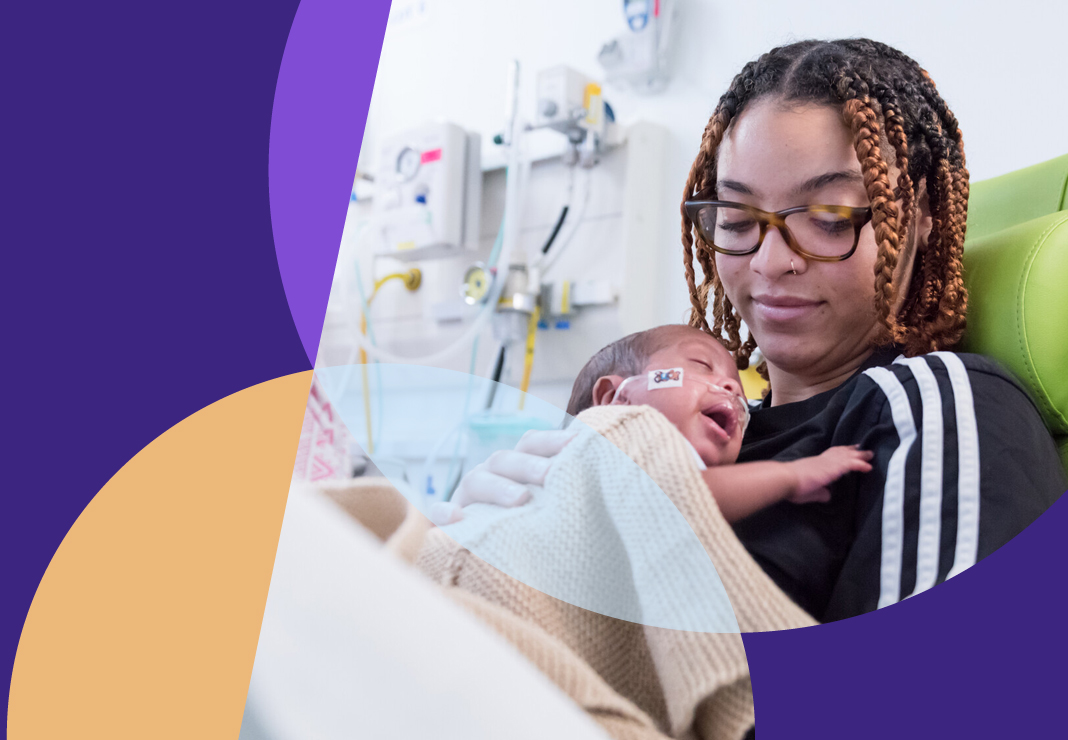
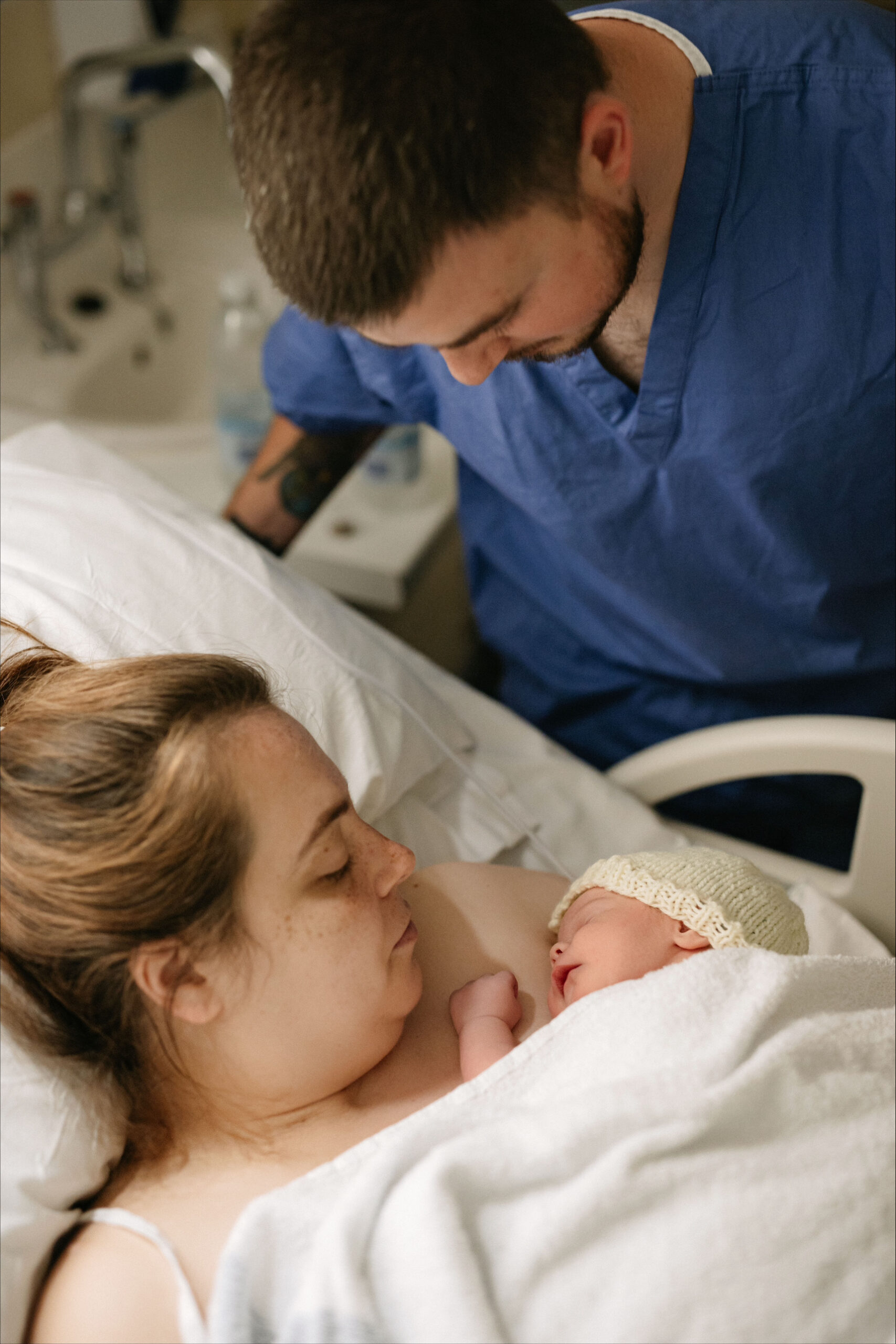
How can I feel less stressed?
Having a baby in the NICU can be one of the most stressful times in your life. You may be away from your support circle, such as friends, family, and other children. Your life may seem like it’s been turned upside down as you wait for the day when your baby is ready to go home with you.
As hard as it can be, it’s important to keep things as normal as possible. These tips can help:.
Pay attention to your own needs and those of the rest of your family, especially any other kids. Doing something for yourself can be as simple as taking a relaxing bath, going for a walk, or reading a favorite book..
Make plans for a weekly family activity, and sit down together and talk about how this experience makes you feel.
Turn to other parents whose babies are in the NICU for support. They’ll know better than anyone what you’re feeling. Join a support group to share your feelings, worries, and triumphs together.
When you take care of yourself, you’ll be more rested and better able to take care of and get to know your baby. While a NICU stay can be hard, it’s also rewarding to watch your little one grow stronger each day.
“there really are places in the heart you don’t even know exist until you love a child”
* * * * * * *
“having a premature baby is getting a little miracle in the midst of their creation”
Call to Action – Be a Volunteer for Dad Matters

Join our team of volunteers
If you’re a dad who’s had experience with Under 2’s and would like to help other dads, who are in a situation you may have been in, then we would love to hear from you, your help and input would be invaluable.
Even if you haven’t had a difficult experience with being a dad, then don’t let this put you off, you will also have a lot to bring to others. All our volunteers are given training and support is on hand every day.
Click here for more information on volunteering